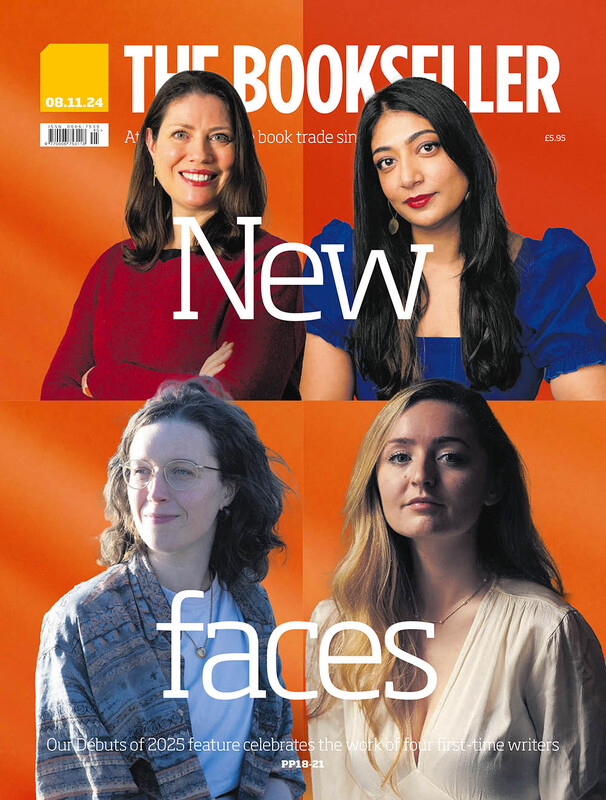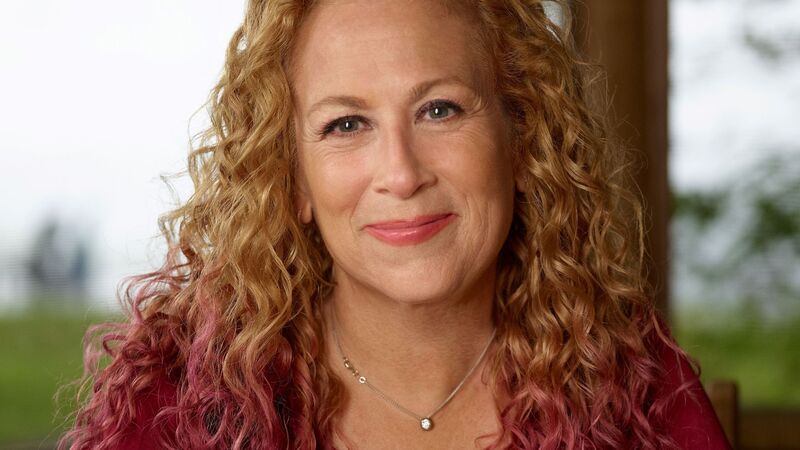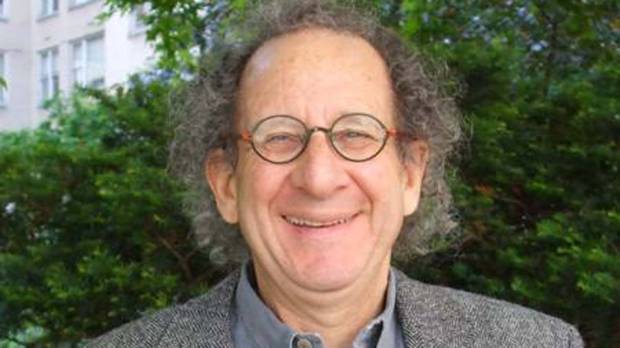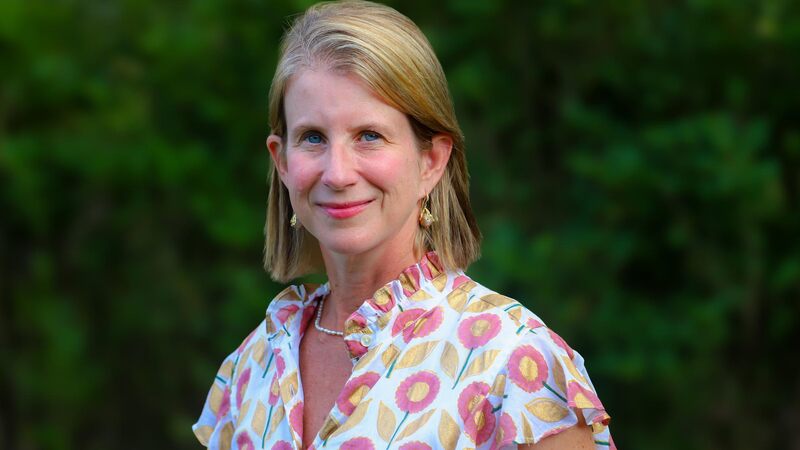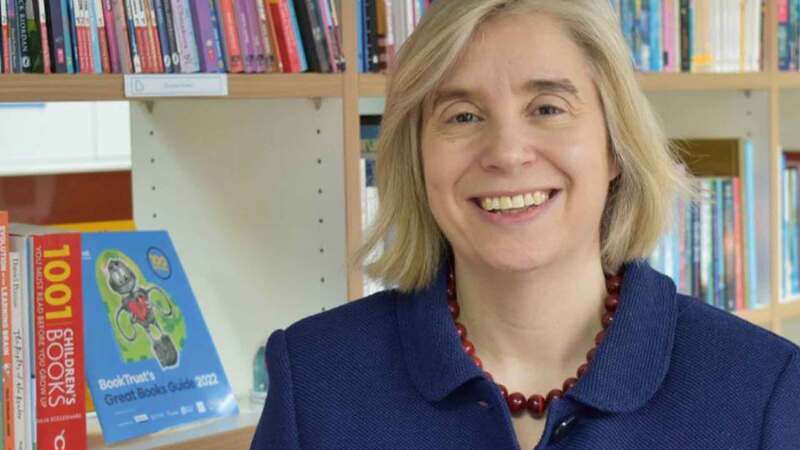You are viewing your 1 free article this month. Login to read more articles.
The Scots leid: publishin the ‘unreadable’
Scots language? Scots leid? Whit ye talkin aboot? It’s no even a real language. It’s aw that makey-up stuff, is it no? Ken, it’s juist slang. Juist a dialect. It’s deid onywey. Naebody speaks it. Buiks in Scots? Whit nixt? Dinnae waste ma time. Ye cannae even read it. Readin Scots pure does ma heid in. Whit’s the point?
Or tae pit it anither wey: Scots—a Germanic leid spoken by 1.6 million fowk (Census 2011), the second maist commonly spoken leid in the UK efter English. A sister leid o English, Scots has been spoken continuously in Scotland fae the 12th century tae noo and scrievit, publisht and read at hame and abroad sen the Middle Ages.
For success in publishin Scots, think Burns. Auld Lang Syne, publisht 1796, juist saw in New Year 2018 aw ower the planet. Think Trainspotting. Irvine Welsh’s unblenkin brunstane novel cawed the feet fae Thatcherism, sneckit itsel a global audience, left them wantin mair—and aw in radge, shan, barrie Edinburgh Scots.
And for Scots, think J K Rowling. Her record-dirlin début novel, awready translatit intae 79 leids, wis publisht as Harry Potter and the Philosopher’s Stane (Itchy Coo, 2017), makkin Scots Harry Potter leid nummer 80. Fine. Hauns up. I translatit it. But Harry Potter in Scots fae Itchy Coo is ainly the maist recent publishin success in the leid some fowk caw uncouth, unwaashed and unreadable.
Itchy Coo is an imprent o the Edinburgh publishin hoose Black and White. Foondit in 2002 by scriever James Robertson and masel, we skelp weel abuin oor wecht. Wi oor goal tae mak braw buiks for bairns o aw ages, Itchy Coo has a backleet o award-winnin original wark and best-sellin translations o buiks by Julia Donaldson, Roald Dahl, David Walliams and Alexander McCall Smith. Harry Potter and the Philosopher’s Stane is Itchy Coo’s 66th title.
There’s nae doot aboot it. If done richt, Scots sells.
Scrievin and publishin in Scots is no for the faint-hertit. Buiks in Scots hae tae compete wi the millions o buiks publisht in English and tak flak fae girners and greeters. The Scottish state commits millions in public siller tae Gaelic but bawbees tae Scots.
But Scots speakers telt for generations tae haud their wheesht are no for haudin it ony mair. A growin confidence is kythin amang the Scots-speakin community whase confidence Scottish society delibrately tried tae smash. Mony will buy a buik in Scots because they’ve been sterved sae lang o buiks in their ain leid. For ithers, it’s tae validate the wey they speak. But for maist, it’s juist aboot the pleisure o readin and enjoyin a guid buik.
In the bad auld days, a buik wi Scots in it wid inevitably shaw Scots speakers as teuchters or bawheids. But the independence debate chynged this. Scots speakers noo are faur less likely tae buy buiks that treat them like streengers in their ain country. The Scots mercat is 1.6 million native speakers wi millions mair in the Scots diaspora and the muckle enthusiasm non-Scots hae aroond the warld for aw things Scottish. The gree is there tae bear for publishers wha can offer buiks in Scots that are guid, braw and, abuin aw, readable.
Scots-language publishing: some recent highlights
Dalen Alba, publisher of Asterix and Tintin in Welsh and Gaelic, now translates the Gallic heroes into Scots as well.
Floris Books’ Picture Kelpies series contains Scots titles Michael Rosen’s We’re Gangin on a Bear Hunt and, brand new for 2018, Judith Kerr’s classic The Teeger that Cam for his Tea (both translated by lexicographer Susan Rennie). An attractive, inspired addition to the children’s market is Nip Nebs (Curly Tale Books) by Susi Briggs and Ruthie Redden.
Literature in Scots continues to be well-served by Luath Press, publishing poets such as Janet Paisley and Rab Wilson. The Space Between (Aberdeen University Press) is the long-awaited collected works of Doric poet Sheena Blackhall. It’s also necessary to mention Staunin ma Lane (Shearsman Books), Brian Holton’s transcendentally beautiful Scots translations of Chinese poetry, and one of the latest contributions to 500 years of the translation of literature in other languages into Scots.
The Scots language: publishing the 'unreadable'
Scots language? What are you talking about? It's not even a real language. It's all made up, isn't it? Just slang. Just a dialect. It's dead anyway. Nobody speaks it. Books in Scots? What next? Complete waste of time. You can't even read it. Reading Scots gives me a headache. What's the point?
Or to put it another way: Scots - a Germanic language spoken by 1.6 million people (Census 2011), the second most commonly spoken language in the UK after English. A sister language of English, Scots has been spoken continuously in Scotland from the twelfth century until now and written, published and read at home and abroad since the Middle Ages.
For success in publishing Scots, think Burns. Auld Lang Syne, published 1796, just saw in New Year 2018 all over the planet. Think Trainspotting. Irvine Welsh's unblinking brimstone novel excoriated Thatcherism, attracted a global audience, left them wanting more - and all in rich Edinburgh Scots.
And for Scots, think J. K. Rowling. Her record-breaking debut novel, already translated into 79 languages, was published as Harry Potter and the Philosopher's Stane (Itchy Coo, 2017), making Scots Harry Potter language nummer 80. Fine. Hands up. I translated it. But Harry Potter in Scots from Itchy Coo is only the most recent publishing success in the language some people call uncouth, unwashed and unreadable.
Itchy Coo is an imprint of the Edinburgh publishing house, Black and White. Founded in 2002 by writer James Robertson and myself, we punch well above our weight. With our goal to make great books for children of all ages, Itchy Coo has a backlist of award-winning original work and best-selling translations of books by Julia Donaldson, Roald Dahl, David Walliams and Alexander McCall Smith. Harry Potter and the Philosopher's Stane is Itchy Coo's 66th title.
There is no doubt about it. If done well, Scots sells. And the Itchy Coo phenomenon seems to have jump-started more publishing in Scots.
Writing and publishing in Scots is not for the faint-hearted. Books in Scots have to compete with the millions of books published in English and take flak from cynics and naysayers. The Scottish state commits millions in public money to Gaelic but pennies to Scots.
But Scots speakers told for generations to shut up are no longer prepared to do so. A growing confidence is evident among the Scots speaking community whose confidence Scottish society deliberately tried to smash. Many will buy a book in Scots because they've been starved of books in their own language for so long. For others, it validates the way they speak. But for most, it's just about the pleasure of reading and enjoying a good book.
In the bad old days, a book with Scots in it would inevitably portray Scots speakers as bumpkins or buffoons. But the independence debate changed this. Scots speakers now are far less likely to buy books that treat them like strangers in their own country. The Scots market is 1.6 million native speakers with millions more in the Scots diaspora and the huge enthusiasm non-Scots have around the world for all things Scottish. The rewards are there for publishers who can offer books in Scots that are good, attractive and, above all, readable.
This column is part of The Bookseller's in-depth focus on Scotland. Other pieces in the focus can be read here.

